I’d like to see all mothers free from sorrow
I’d like to see poor Belgium free from pain
I’d like to see this cruel conflict ended
I’d like to see my Daddy once again
I’d like to see the Yankees win this battle
I’d like to see France get back her promised land
I’d like to see this whole big world United
And I’d like to see the Kaiser with a lily in his hand.
In retirement I have understood some things about work that I never understood before:
I am at an age where I have nothing to prove.
No world record or even personal best needs establishing.
I could spend all day reading in my hammock under a tree, and that would be fine.
I can’t free mothers from sorrow, end cruel conflict, unite this whole big world, or fix anything, even for the people closest to me.
And it isn’t the Kaiser’s fault either. That is just how it is.
The effort of servicing the delusion of perfectibility, however, has a valuable unintended effect. Perfectionism, always misplaced, still causes time to pass and time is an actual experience — and time is not an experience that can be rushed.
For instance, consider Rockfish, my longest book to date. Rockfish was repeatedly finished, and finally refinished in a second edition 250 pages shorter than the first edition, with all-new parts, as recently as last year. The two editions are different; the first edition was 800 pages long, languid, with concision sacrificed to flow. While I've long felt that concision is one of the most valuable attributes a piece of writing can have, an expansive sense of flow seemed appropriate for a book spanning approximately 250 years. I believe length was a fine choice. But the haunting sense that Rockfish was too long never left me and eventually I couldn’t resist the temptation to cut 250 pages out of it.
The second edition of Rockfish is accordingly action-packed, with incident piling on incident. Long transitions are gone. Dramas accrue fast enough to stack up. It’s a better book now for most adult readers. But nothing is perfect. In a book eleven generations long, nearly everyone dies. Begats and deaths come faster than in the first edition. The attention paid to religion also stands out more in the second edition, but religion was always somehow deeply important to the people of Rockfish, and they struggled creatively with it.
Maybe that’s appropriate, because Rockfish is in part a war novel -- although Rockfish is also, maybe above all, a story about generations of farmers. My personal experiences as a gardener began in elementary school but I have never been a farmer. Farming and gardening are different things. Rockfish draws this distinction throughout, but my personal experience of the stony red dirt farming Rockfish knew so well has been limited.
Don and I look forward to the results with the gravest interest. I see it as an experiment, but this field has produced before. It is bottom land beside a creek, and in the bygone Rockfish centuries farmers called it good soil. Before that, Native Americans had the same opinion. The area is rich in stone artifacts that make it clear that Native Americans farmed in Covesville, possibly even on this same ground. Cropping this kind of dirt is how the ancestors survived. Still, to take a hoe to tilled earth and see it tumble rather than crumble seems odd and slightly frightening.
Of course, very likely farmers of the past worked in trepidation too — and they had a lot more at stake.
Presumably under steady cultivation, hopefully with some crop rotation, these old fields would have been considerably more friable, aerated, and manured. But after abandonment this red dirt soil quickly reverts to its original hard-packed character. This is the original dirt. We might be wary of it. It’s not as simple as organic garden dirt, collected and built up in raised or mounded beds. Digging, planting, in this dirt, one senses ancient mystery, human and non-human.
Surviving the way the Rockfish generations did is more vivid and incredible to me now than when I wrote Rockfish. In terms of crops and techniques, the old farmers were limited to plants that do well in red clay soil. The labor required to alter the dirt to better specifications was largely unavailable except to the Jeffersonian rich, who commandeered a reliable labor force to help. For red dirt family farms, there would have been very little spare time left in the year, and few spare resources.
I look back on Rockfish and wonder if I could have made that clearer. What happens when a person strikes red dirt with a hoe was one of the main things determining how the Rockfish people lived. There was nothing modern about it. The braided coexistence of mountain people with coastal colonists, with slavery, with civil war, with reconstruction and with segregation was weirdly predetermined in many ways by issues of labor and the nature of what could be produced from red clay dirt. That is easy enough be put in textbooks… but there’s still no easy way to explain what happens when a person with a hoe tackles a field of red clay.
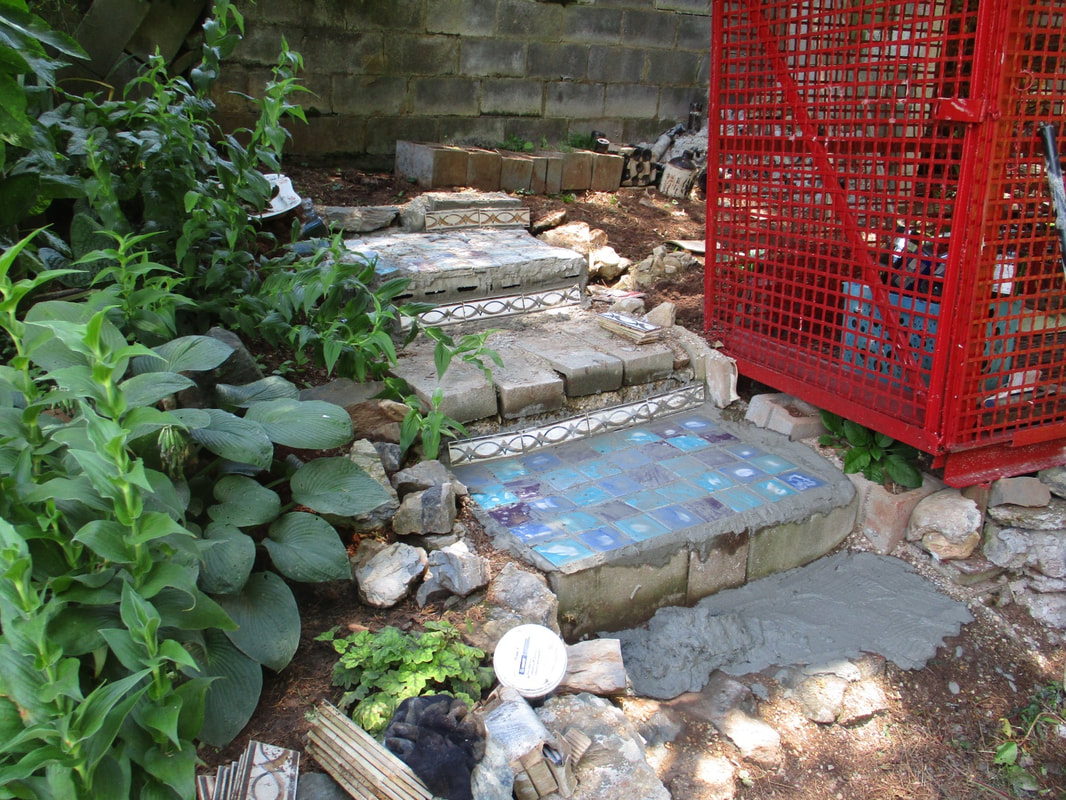
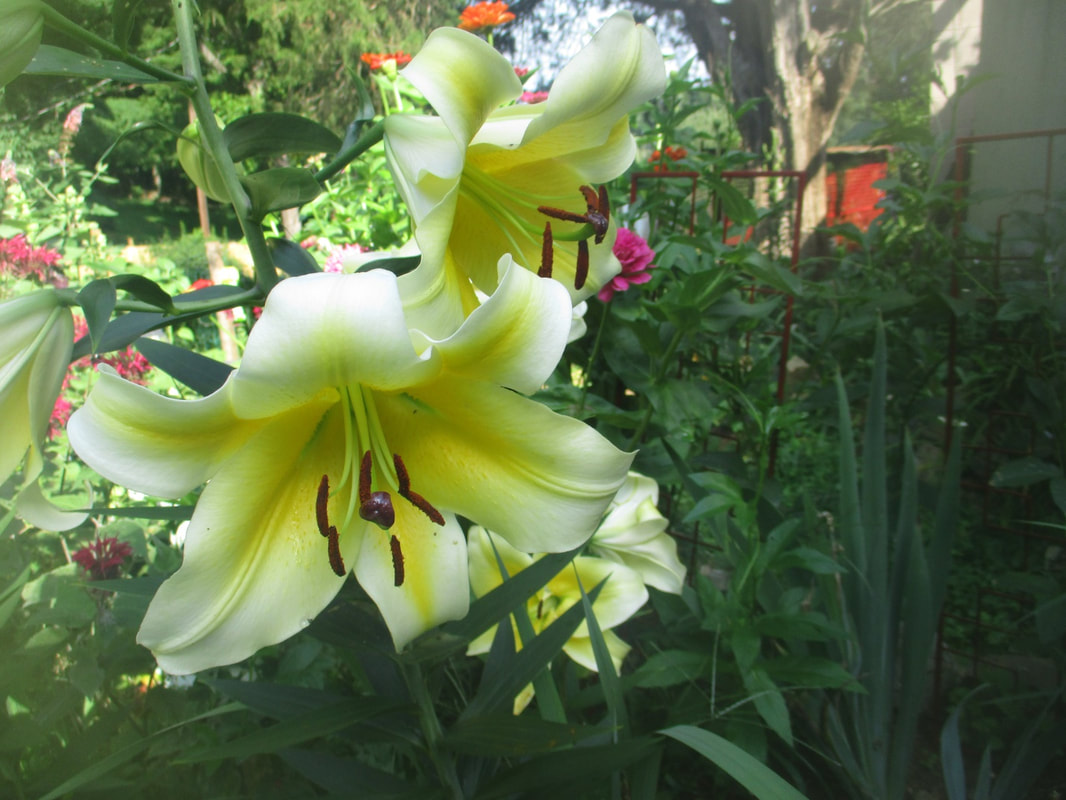
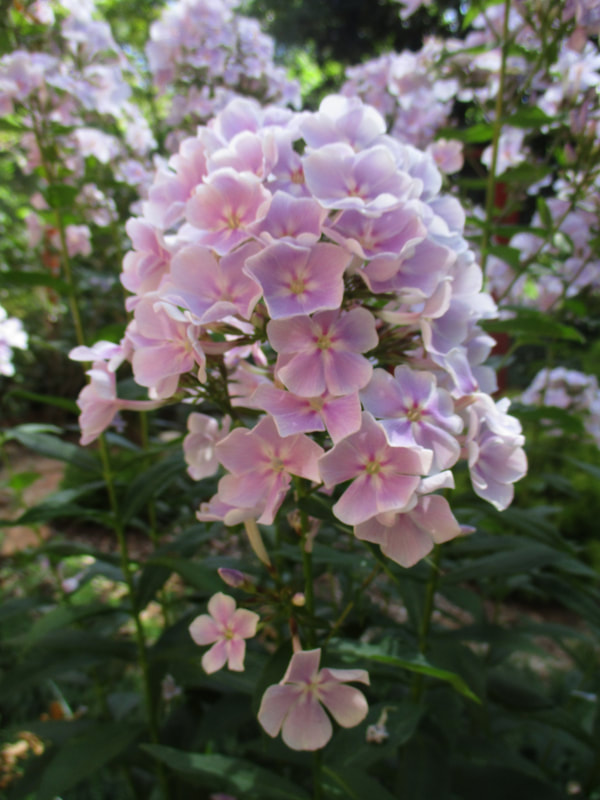
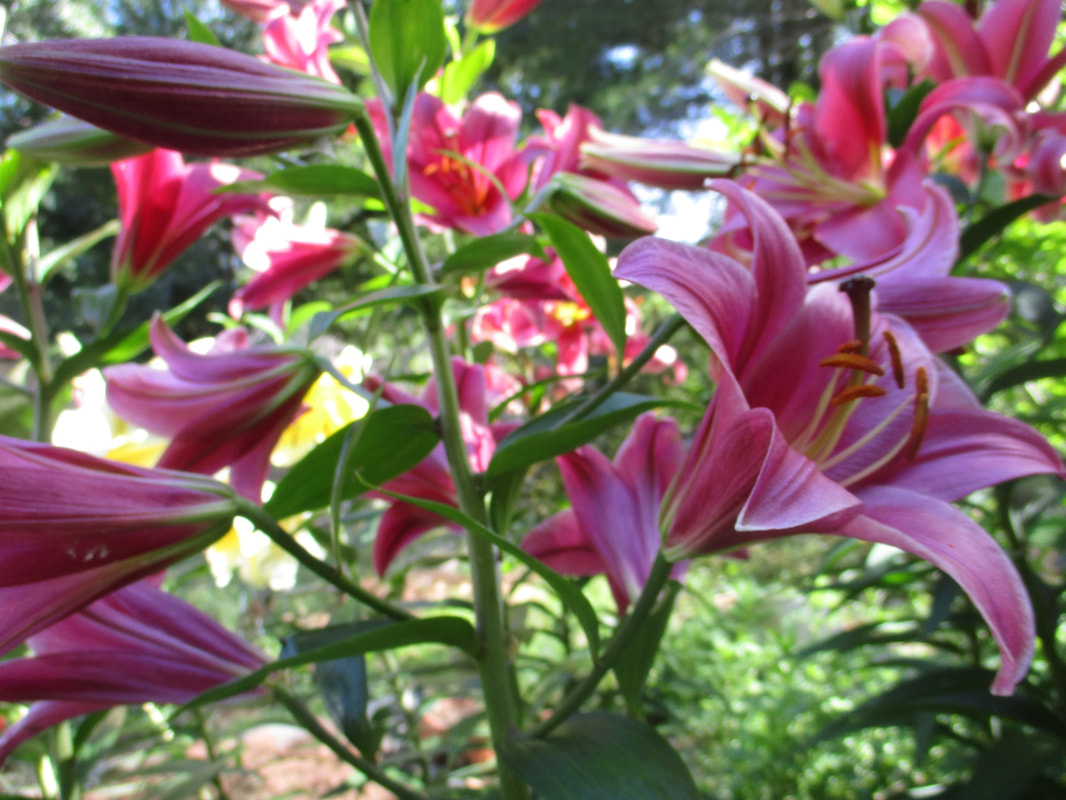
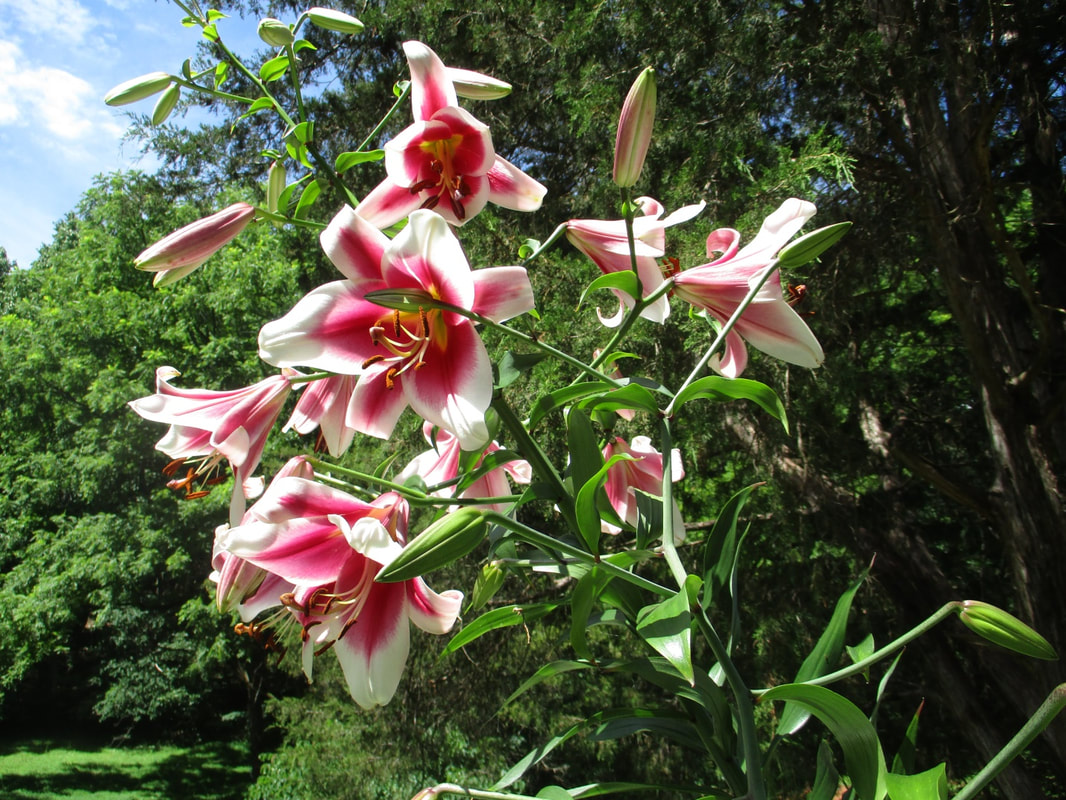
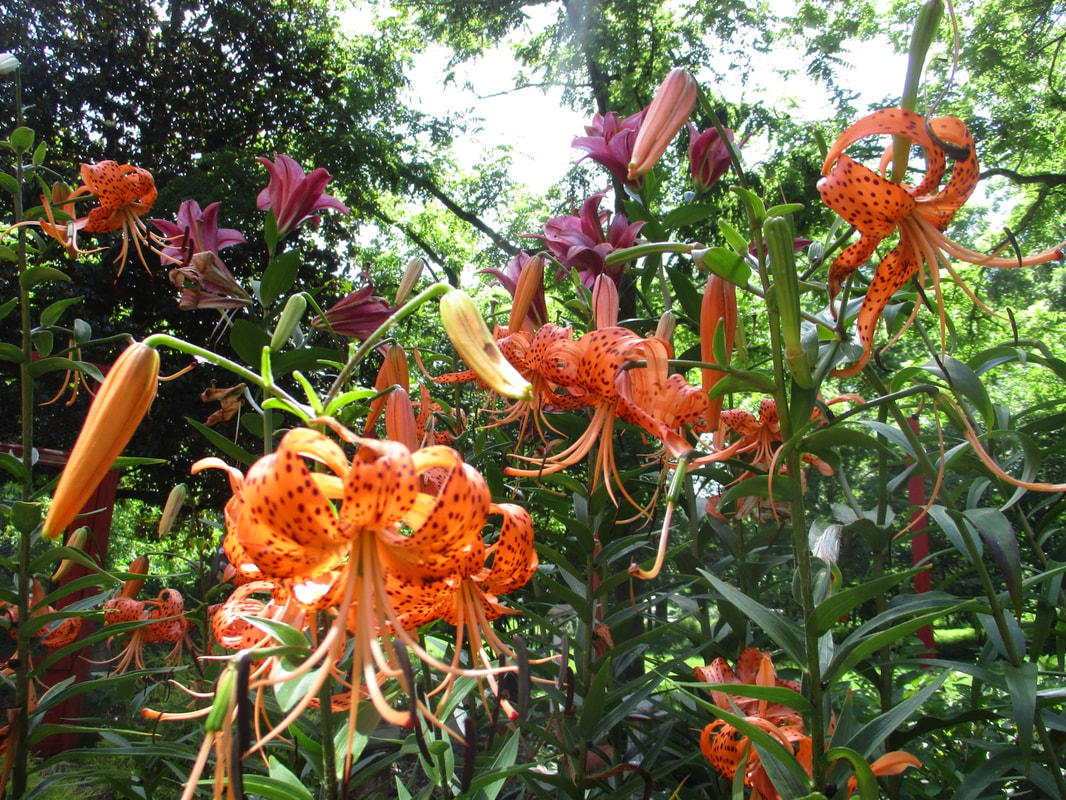
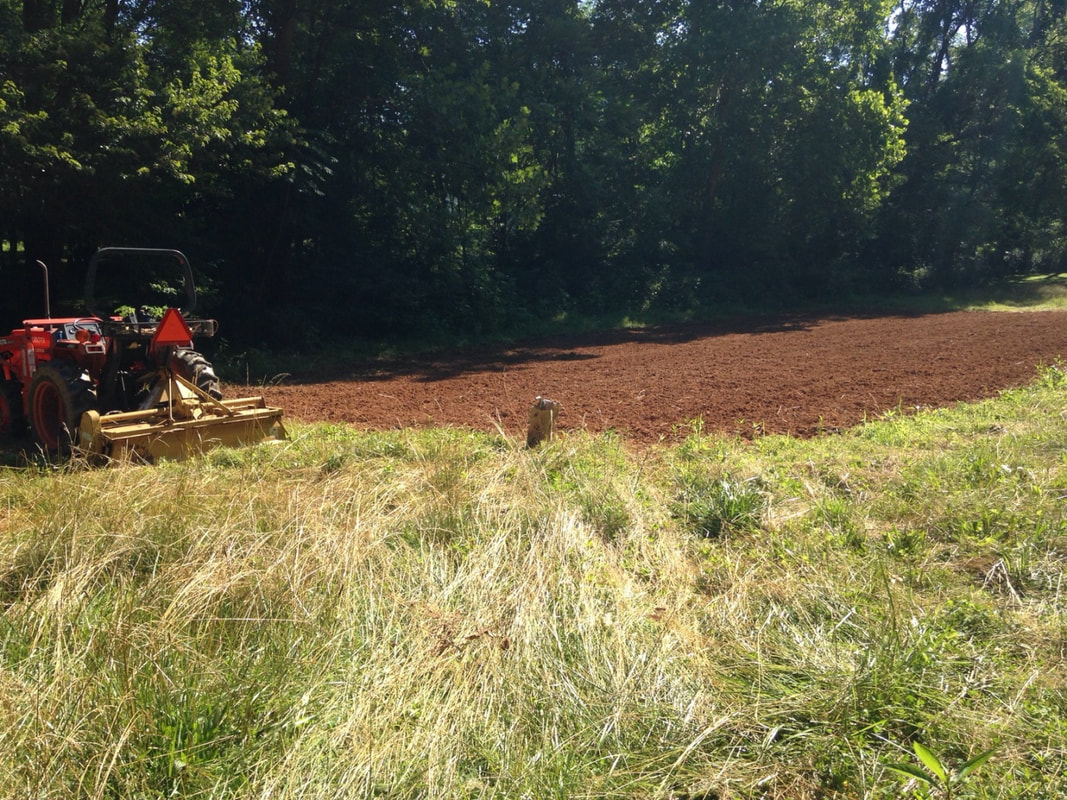
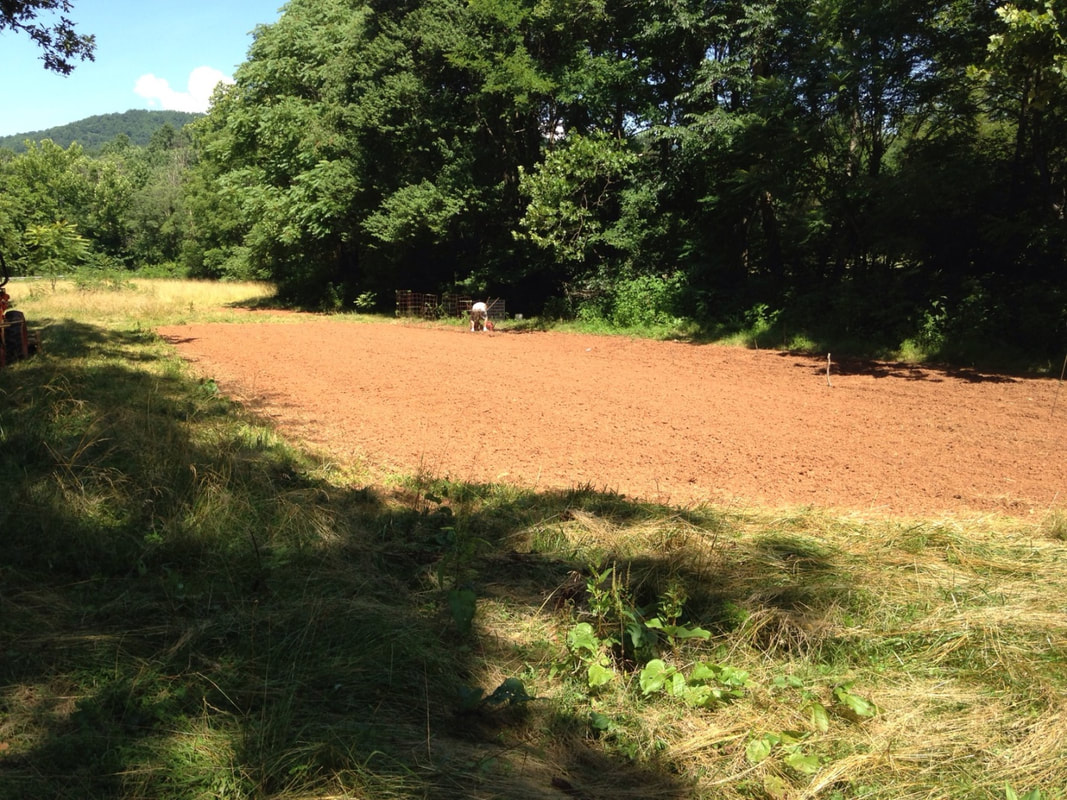

 RSS Feed
RSS Feed